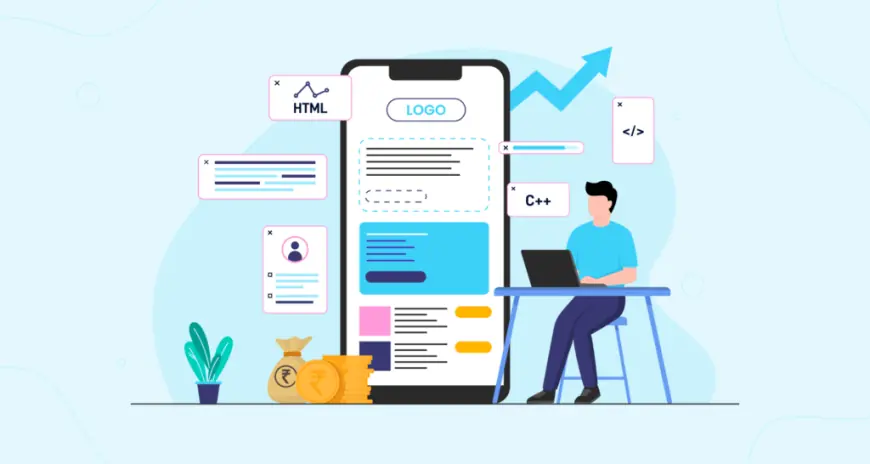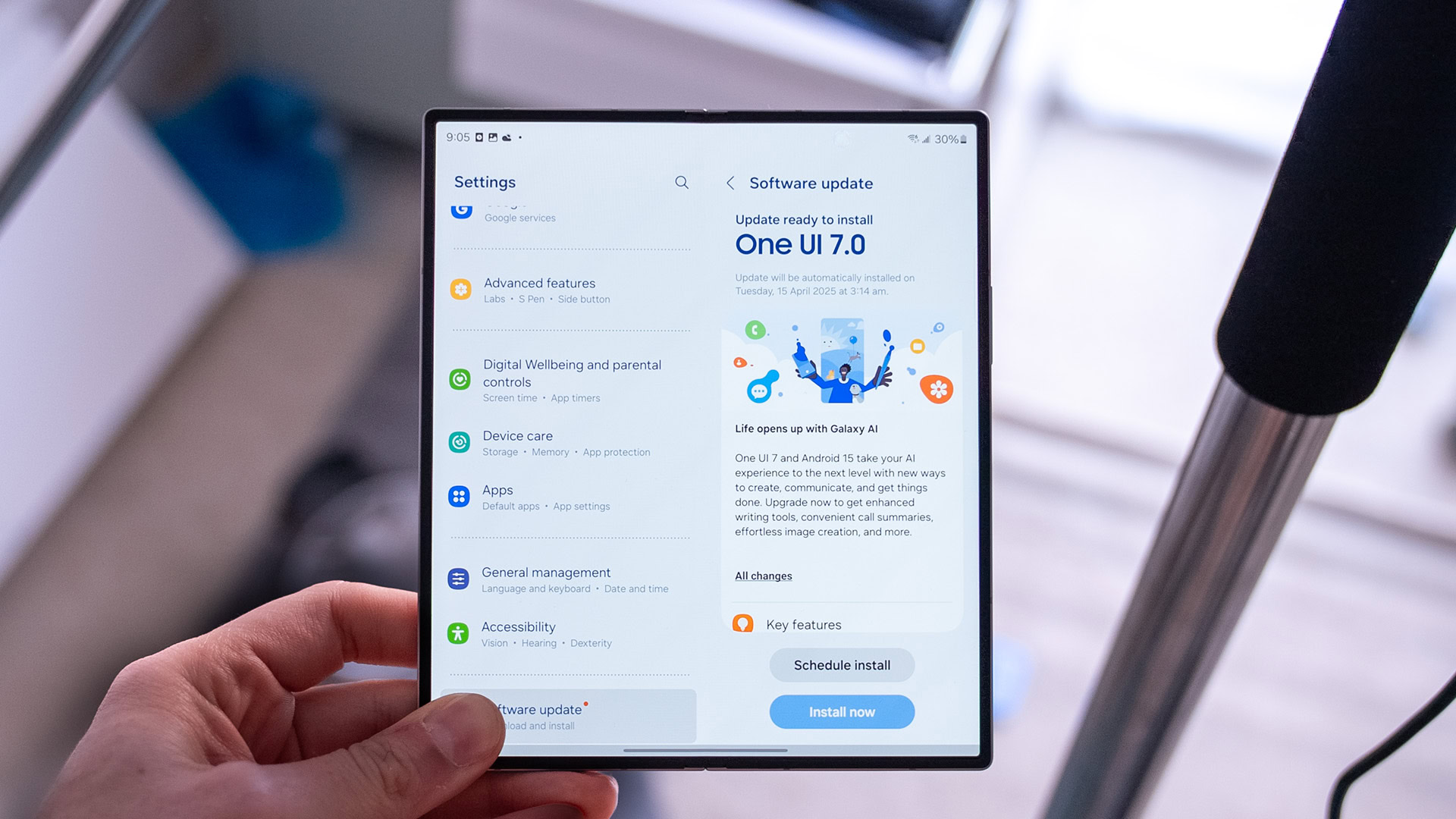5 Things to Do When Your App Developer Stops Responding
Learn what to do when your app developer stops responding—check communication, review contracts, and consider hiring a new team.

App development can be a thrilling experience, but it also comes with its own set of challenges. One of the most frustrating situations developers and business owners face is when an app developer suddenly stops responding. This can leave you in a state of confusion, wondering what to do next.
In these moments, it’s essential to act quickly to minimize any setbacks and keep your project on track. If you find yourself in this situation, here are five actions you can take to resolve the issue effectively.
1. Check for Communication Issues
Before jumping to conclusions, make sure there are no communication problems. Sometimes, technical issues, such as emails getting lost in spam filters or phone numbers changing, can cause an interruption in communication.
Start by verifying your contact methods.
-
Emails: Double-check the email address you’re using. Ensure it hasn’t been blocked by spam filters on either end. Sometimes a simple check on your email provider’s settings can reveal the cause of the issue.
-
Phone and Messaging: If you’ve been relying on phone calls or instant messaging platforms like WhatsApp or Slack, check whether the developer has changed their contact information or has been unavailable due to personal reasons.
-
Project Management Tools: If you’re using tools like Trello, Jira, or Asana to communicate about the project, check for any missed messages or updates.
Often, a mobile app developer unresponsiveness isn’t due to a lack of commitment but to external issues like illness, personal problems, or technical glitches. Ensuring that your communication channels are working as expected could reveal that they have been trying to reach you all along.
2. Review the Contract or Agreement
Once you’ve verified there are no technical barriers to communication, the next step is to review the terms of your agreement with the developer. This contract should outline timelines, responsibilities, and expectations. If your app developer is not responding, there’s a chance they’re breaching the agreement, or they might simply be behind on their obligations.
- Look for deadlines: Is there a clearly stated deadline for deliverables? Have these been missed?
- Check for penalties: Does the contract specify any penalties for delays or lack of communication? If so, it may be worth reminding the developer of their obligations.
- Scope of Work: Is the scope of work clearly defined? Has the developer reached the agreed-upon milestones? Sometimes, a developer may stop responding if they feel the project is drifting off course or if they haven’t been compensated as expected.
By carefully reviewing your agreement, you’ll know whether the developer has committed to specific deadlines or actions. This information gives you a clear foundation for next steps. If you feel they are in breach of contract, you’ll have legal grounds to address the situation.
3. Try Other Methods of Reaching Out
If regular communication channels have failed, consider reaching out via different methods. There are numerous ways to contact someone, and it’s possible that one method might work better than another.
-
Social Media: Sometimes, developers are more responsive on their social media profiles. A quick message on LinkedIn, Twitter, or GitHub can get their attention, especially if they maintain a professional presence on these platforms. You can send a polite message asking for an update or clarification.
-
Team or Colleagues: If you know other people in the developer's team or have been in contact with them during the project, reach out to them. They might have insight into what’s happening or know if the developer is facing personal or work-related challenges.
-
Workplace or Company Contact: If your developer works for a company or development agency, you can try contacting someone else from their team. Get in touch with a manager or colleague who might be able to provide an update on the status of the project and your developer’s availability.
Before reaching out through new channels, remember to remain professional. Avoid frustration or harsh language, as this may escalate the situation instead of solving it.
4. Assess the Status of Your Project
In some cases, developers stop responding because they’ve hit a roadblock or aren’t making the progress expected on the project. While you wait for a response, take the time to assess the current status of the app. This will help you determine if it’s an emergency or if the situation is something you can handle on your own.
- Check the current version: If you’ve been receiving updates or builds, review the most recent version of the app. Are there critical bugs or incomplete features that need immediate attention?
- Test functionality: Run tests on the app’s core features. Does everything work as intended, or are there glaring issues that need to be addressed? This will give you a sense of whether the developer has made meaningful progress or if the project has stalled.
- Identify urgent needs: Are there any pressing issues or deadlines that require you to act quickly? For example, do you need to release the app soon, or is there a launch planned? Identifying these needs will help you determine how urgently you need to find another developer or move the project forward on your own.
By taking stock of the project’s progress, you’ll be in a better position to make an informed decision about what to do next, whether that means taking over the project temporarily or finding a new developer.
5. Consider Hiring a New Developer or Team
If attempts to contact your current developer go unanswered for an extended period and there’s no sign of resolution, you may need to move forward by hiring a new developer or a development team.
-
Assess the feasibility: Before hiring a new developer, assess whether it’s realistic to bring someone new onto the project. Will they need to start from scratch, or can they pick up where the previous developer left off? If you have code repositories or documentation, this transition might be easier.
-
Find a skilled replacement: If the project is complex, finding the right developer or development team with the right skill set is crucial. Look for someone who has experience with your app’s technology stack and can work within the timeline you need.
-
Prevent future issues: When hiring a new developer, consider establishing stronger communication channels and clearer expectations. This might include setting up regular check-ins, using project management software, and clarifying deadlines from the start.
Switching developers in the middle of a project can be challenging, but sometimes it’s the only option to keep things moving forward. Ensure that you handle the transition smoothly by communicating clearly with the new developer and ensuring they have all the resources they need to succeed.
Conclusion
When your app developer stops responding, it can feel like the entire project is at risk. However, staying calm and taking methodical steps will help you regain control of the situation. Start by ensuring there are no communication barriers, then review the contract to see if there’s a formal breach. If necessary, try other ways of reaching out or assess the project’s status to identify immediate concerns.
If all else fails, don’t hesitate to hire a new developer who can pick up where the previous one left off. By following these steps, you’ll maximize your chances of getting the project back on track without unnecessary delays. Remember, staying proactive and flexible will ultimately help you achieve your goals, even in the face of unexpected setbacks.
What's Your Reaction?
 Like
0
Like
0
 Dislike
0
Dislike
0
 Love
0
Love
0
 Funny
0
Funny
0
 Angry
0
Angry
0
 Sad
0
Sad
0
 Wow
0
Wow
0



















































